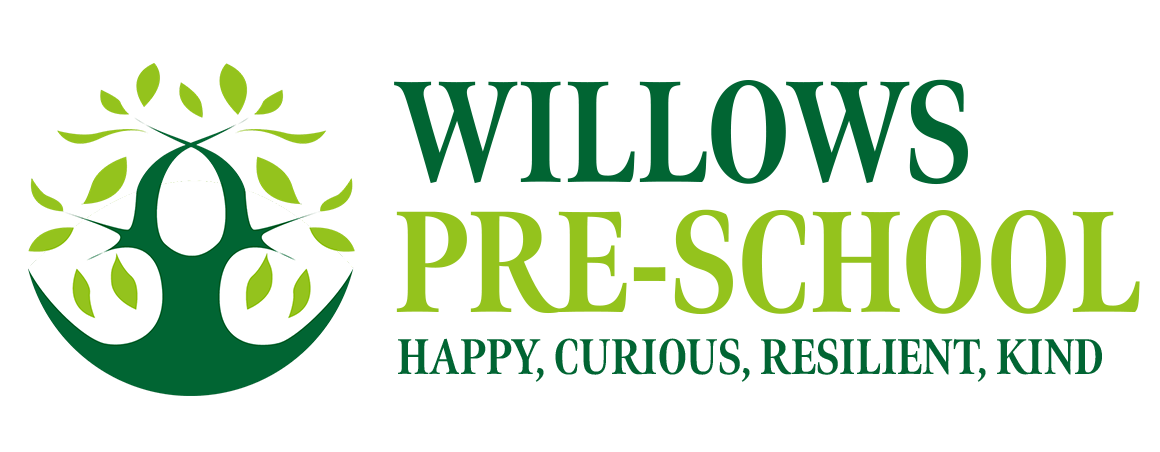“Emotions are neural-chemical reactions in our bodies that happen automatically in response to stimulus. Children need us to offer them calm and connected responses to their emotional states so that they learn to feel safe in the face of their feelings and can then develop into an adult who can process their emotions without shame or additional panic.” – Eli Hardwood.
The importance of secure attachment in personal development
According to John Bowlby’s theory, it is said that a child establishes a secure attachment when he or she lives a relationship of warmth and emotional receptivity with the caregiver. This relationship makes the child feel secure, loved and accepted.
In this way, the child constructs a representation of him or herself as an individual worthy of love, affection and care, who can count on the caregiver to help them in difficult moments.
In turn, the representation of the other person is that of someone worthy of trust, available to provide the necessary emotional support in times of difficulty, careful care and unconditional support. It is a figure that serves as a secure base for the other person.
Benefits of fostering secure attachment
Secure attachment is a good guarantee for a healthy childhood from a psychological, emotional, cognitive and social point of view.
In fact, children who have been treated with quality and affectionate warmth during the first stages of their lives:
- Develop better self-esteem
- Develop better autonomy
- Manage their emotions better
- Have greater security
- Maintain healthier social relationships
- Better ability to seek social support
Because what gives children a better feeling of safety than an adult acknowledging their feelings? Someone who is highly responsive to their emotions? Because what they feel matters, their world matters. An adult who understands or asks when is in doubt, an adult who sets themselves as an example and is self-reflective, an adult who is always there to support, to listen, to give autonomy, and space when needed and who is always willing to play and provide a rich environment based on their needs and interests?
“Every child deserves a champion – an adult who understands the power of connection and insists that they become the best they can possibly be.” – Rita Pierson.
The impact of using assertive language in education
As an Early Years teacher, one of my main priorities while teaching has always been trying to be an assertive person, that is expressing myself in a way that is firm, concise, but mostly respectful and calm. It has been proved that the way we talk to children affects not only their development but also their self-esteem and, therefore their attachment style.
Actions like kneeling down to their level, giving the children the chance to resolve a conflict by themselves but being physically there to support them, acknowledging their emotions while helping them identify each other, and using a calm confident voice are crucial.
Some benefits of being assertive
- Improves trust and self-esteem
- It is easier to identify feelings
- Improves social skills
- It makes it easier to make better decisions
- It helps to build social relationships based on honesty
“Children are great imitators. So give them something great to imitate.”





